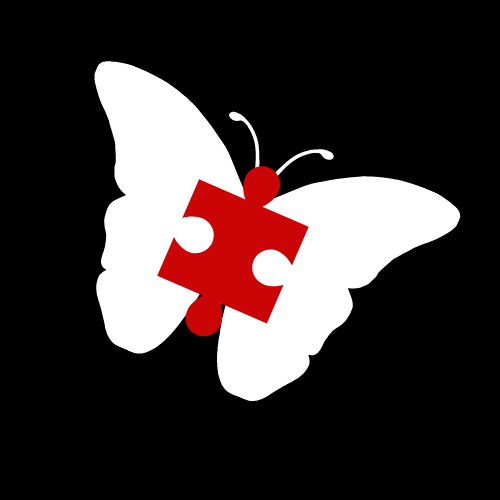Low Support Needs Does NOT Mean NO Support Needs!
Today’s blog post is written by Andie Mosley, Grants and Outreach Coordinator for AWS Foundation. She is sharing her own personal autism journey and it’s a point of view that we all need to hear!
I am part of the 15% of autistic adults with full-time employment. A question I often hear from other autistic people who are not part of that statistic is, ‘how?’ And that’s a fair question. Autistic people face barriers to employment in general – navigating arbitrary social rules, severe social anxiety, tyranny of low expectations, to name a few. If they have high enough support needs and qualify for Medicaid waiver services, they have income restrictions. Obtaining full- time employment often requires higher skill, comes with greater social expectations, and college degree or certification requirements. Even if we overcome all those barriers and get the job, keeping it becomes an entirely new obstacle.
In the autism world, I am what we call ‘high masking.’ Like a chameleon I can blend in with neurotypical society, earning the label of ‘quirky.’ I need to point out that my ability to do this is an incredible privilege. Many autistic people cannot mask at all and are in turn never afforded my same opportunities. That privilege does not, however, remove the toll masking takes on my life and that of those like me. Research shows prolonged periods of masking leads to high rates of autistic burnout and mental health concerns. My life experience can confirm this. As I become more comfortable with opening up about my diagnosis, I work with those around me – in work and my personal life – to unmask as is possible. (I also want to point out my privilege in working for an organization whose mission includes inclusive disability employment, not all like me are comfortable to even disclose). Cue the next set of barriers.
Low support needs does not mean no support needs. Low support needs does not mean no support needs. Apologies for the redundancy, but it bares repeating. People often assume that if you can get through college, hold down a full-time job, drive, live independently, etc., that you don’t need help with anything. That you ‘aren’t disabled.’ I am 34 years old and my mom or sister takes care of any appointments that I need for my home (plumber, for example); this goes to the extreme that if I am home during these appointments, I hide in my bed until they leave. If I can’t make a medical appointment online, I don’t go. I get so overwhelmed and overstimulated after a full day of work that taking care of myself, my home, or spending time with others is mostly ignored. When attending an event or going to a new restaurant or store, if I don’t have all information on where to park, enter, what kind of food – basically everything to expect – I am likely to not attend. I struggle to make and keep friends not because of disinterest, but because I lack the social skills and can, frankly, be a little abrasive.
I did not share some of my most vulnerable secrets to garner pity. I shared this because my explanation of struggle could be almost anyone on the spectrum with low support needs. Masking affords me opportunities, but it comes with the expense of exhaustion, depression, and isolation. It creates a burden of high expectations (the overzealous cousin of the tyranny of low expectations). Many autistic people fall victim of burnout, resulting in loss of employment.
I believe it is up to those of us with the privilege of the ability to mask to use that privilege to support our peers who can’t. However, we must also be sure to not speak over and decide for all autistic people. Those of us with low support needs are not above those with high support needs. They shouldn’t have to be able to mask to be treated with the same respect and value of me and my high-masking peers. Alternatively, just because some of us can mask doesn’t mean we don’t need support. It’s called Autism Spectrum Disorder because we all experience differing levels of the autistic traits, but at the end of the day, we all still have autism.
